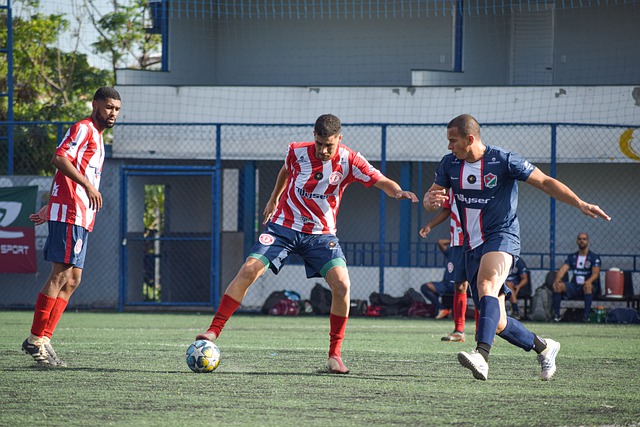Racism in football is a deeply concerning issue that has plagued the sport for years. Spain, known for its passion for football and hosting one of the world’s most prestigious leagues, La Liga, is not immune to this problem. The case of Vinicius Jr, a talented Brazilian player who faced racist incidents during his time in Spain, brings attention to the broader issue of racism within Spanish football. This article delves into Vinicius Jr’s case and explores the wider context of racism in La Liga.
Vinicius Jr’s Case: Vinicius Jr, a highly promising forward, joined Real Madrid in 2018 at the age of 18. Soon after his arrival, he became a target of racist abuse from a section of fans during matches. Racist chants and derogatory slurs were hurled at him, highlighting the ugly reality of racism in Spanish football. Despite these incidents, Vinicius Jr showed resilience and continued to perform on the pitch, winning the support of many fans who condemned such behavior.
Racism in Spanish Football: Vinicius Jr’s case is unfortunately not an isolated incident in Spanish football. Racism has been a persistent issue in La Liga, with several players of African and Latin American descent experiencing racial abuse. The problem extends beyond just the actions of a few individuals; it points to deeper societal issues that need to be addressed. The anonymity offered by large crowds in stadiums and the prevalence of social media platforms have provided platforms for racists to express their discriminatory views.
Responses and Initiatives: Thankfully, there have been responses and initiatives aimed at combating racism in Spanish football. Clubs, players, and governing bodies have taken steps to raise awareness and enforce stricter penalties for racist incidents. Anti-racism campaigns have been launched, promoting inclusivity and educating fans about the negative impact of racism. Additionally, organizations like La Liga and players’ associations are working on implementing diversity and inclusion programs to foster a more inclusive football environment.
The Way Forward: While progress has been made, there is still much work to be done to eradicate racism from Spanish football. Efforts need to be intensified to ensure that stadiums become safe and inclusive spaces for all players, regardless of their race or ethnicity. Stricter punishments for offenders, better monitoring of fan behavior, and improved education on racial sensitivity are crucial steps to tackle this issue effectively. Furthermore, promoting diversity within clubs and providing equal opportunities for players from all backgrounds can help foster a more inclusive football culture.
Conclusion: Vinicius Jr’s case serves as a stark reminder that racism remains a significant challenge in Spanish football. By shedding light on these incidents, we can confront the issue head-on and work towards creating a more inclusive and respectful environment within La Liga and Spanish society as a whole. Combating racism requires collective action, and it is vital that stakeholders across the football community come together to address this problem and ensure that the sport becomes a beacon of unity, tolerance, and diversity.












